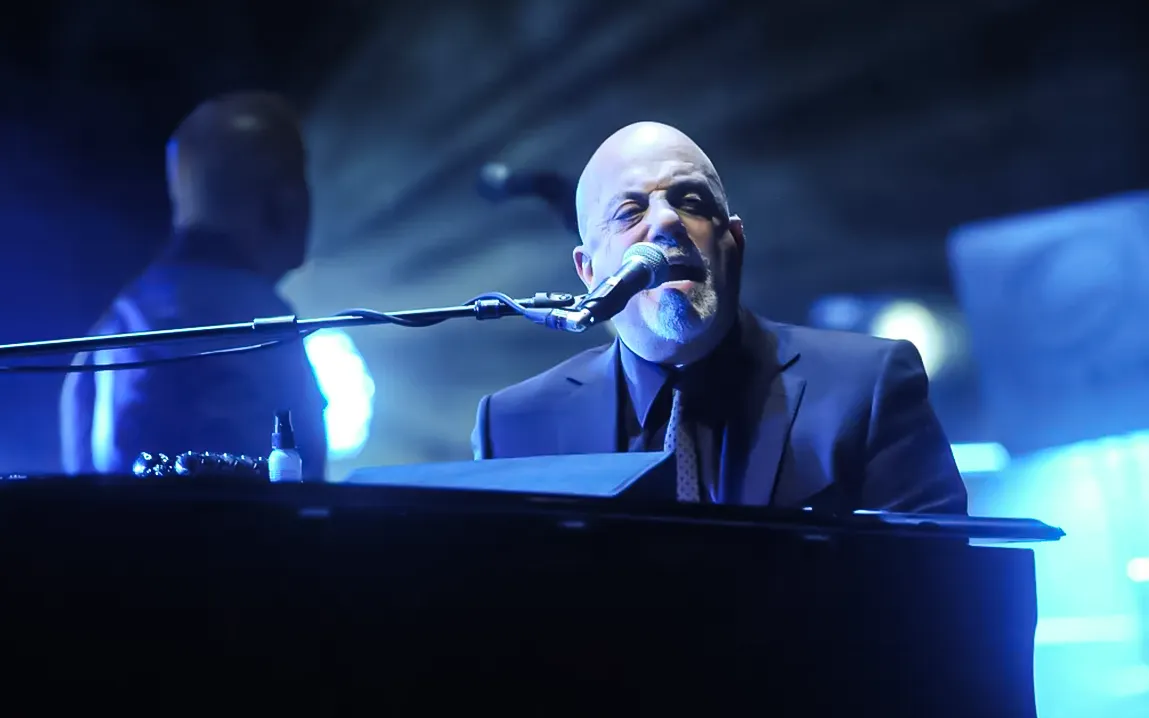When HBO first brought The Last of Us to television, it was praised for being something greater than a simple game adaptation—it was a deeply human story in the midst of a ravaged world filled with infection and destruction. And now, two seasons in, the series has been able to delve even further.
The just-concluded Season 2 finale has evoked furious discussions on social media, not only for its cliffhanger climax but also for the way it totally restructures the show’s emotional fabric. Before audiences can catch their breath at the last scenes, this episode is a bold move forward in narrative—audacious, savage, and completely indelible.
A New Chapter in the Apocalypse
When the curtains fall on Season 2 of HBO’s hit show “The Last of Us,” viewers are left stunned by a finale that is as emotionally shattering as it is boldly plot-led. The show diverges dramatically this week, abandoning the origin tale of Joel and Ellie to go deeper on vengeance, morality, and the human cost of living.
Ellie’s Descent into Darkness
The course of the season becomes dire as Ellie, played by Bella Ramsey, is taken over by a vengeful desire to avenge Joel’s death by Abby, the woman who killed him. This vengefulness propels Ellie into a life of violence and gray morality, which results in the unintentional murder of Mel, a pregnant physician, while fighting in Seattle’s aquarium. This scene, heightened from its video game equivalent, highlights the dire effects of Ellie’s decisions and the psychological cost they demand.
A Cliffhanger That Leaves Viewers Reeling
The finale caps itself with a stunning ambush: Abby attacks Ellie and her team, killing Jesse abruptly and precipitating a tense standoff that sees the season end abruptly with a gunshot, leaving Ellie’s fate hanging. This sudden conclusion not only echoes the narrative structure of the first game but also provides the basis for further insight into Abby’s point of view in the next season.
Critical Reception and Narrative Risks
Critics have also pointed out the season’s paced approach and its emphasis on building up for later plotlines. NPR’s Eric Deggans states that the finale is more the “end of a very long introduction” rather than a standard conclusion, praising the show for prioritizing rich character development over quick resolution. The choice to murder Joel early on in the season was a big storytelling gamble, altering the emotional center of the show and forcing viewers to connect with new, morally ambiguous characters.
Ahead to Season 3
With the show renewed for a third season, fans can expect more of an exploration of Abby’s past, her position in the Washington Liberation Front, and her developing relationship with Lev, a Seraphite refugee character. Mazin and Druckmann have discussed developing more of the simultaneous storylines of Ellie and Abby, further exploring ideas of redemption, identity, and the self-reinforcing nature of violence.
Conclusion
The Season 2 finale of “The Last of Us” puts audiences to the test in its unflinching portrayal of loss, vengeance, and the moral grey areas that accompany mere survival in a post-apocalyptic world. As the series continues towards newer narrative territories, it is an absorbing study of the human capacity for destruction and assistance in the wake.



